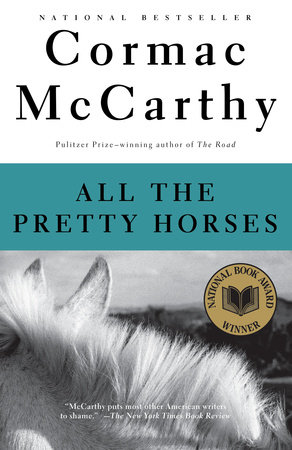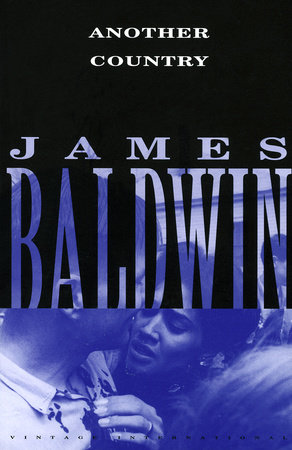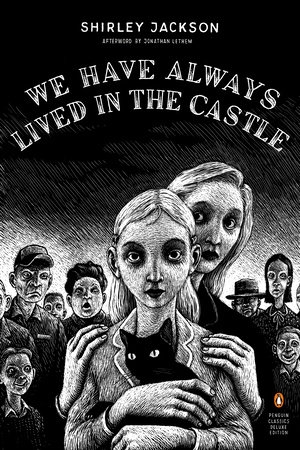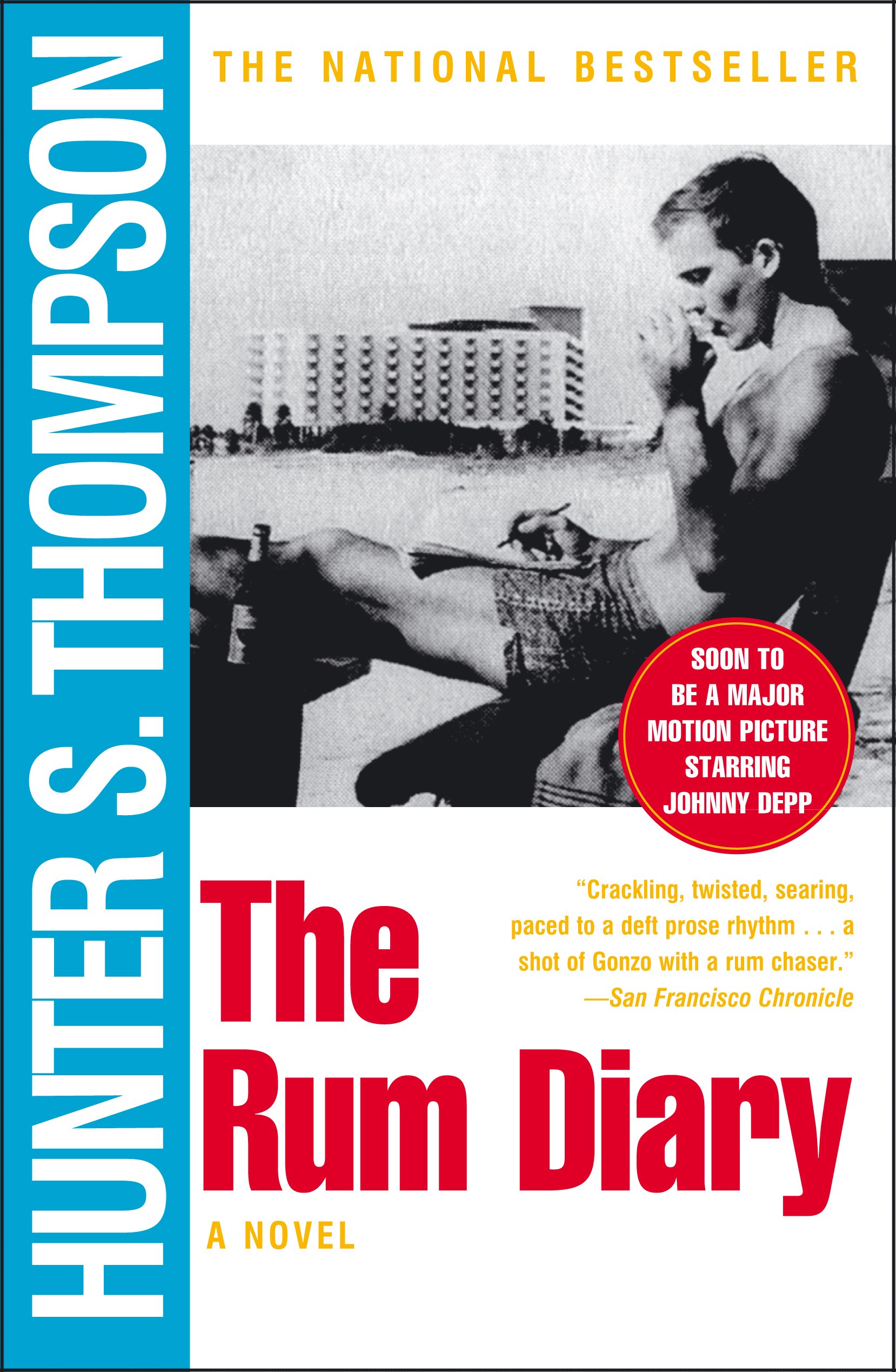If you enjoy reading Electric Literature, join our mailing list! We’ll send you the best of EL each week, and you’ll be the first to know about upcoming submissions periods and virtual events.
I wrote large chunks of what would go on to become my novel, Highway Blue, whilst leaning against the windows of various moving trains, buses, cars, and planes. I remember in particular one evening half-curled on the seat of a train carriage as it moved through the darkness of a January night along the German-Austrian border with the arm-rest of the next seat digging into my side, feet up on the little prop which ran along beneath the black window and the small table on the seat-back in front of me folded down, tapping away at the keys. It was 3 a.m. or 2:30 a.m. or something like that, my eyes were hurting and the plump sleeping woman in the seat beside me kept slipping slowly over onto my shoulder. The train compartment smelled faintly of stale bodies and cigarettes and coffee.
The book that I went on to write is the story of Anne Marie and Cal, a young couple on the run from their own past in a beaten-up old car, moving through a mythologized landscape towards an unknown future.
I have always gravitated towards the image of the character on the run, whether in literature or film or music, the person with that certain something in their past or their own psyche that for whatever reason prevents them from living within the parameters of the day-to-day.
The character on the run is the misfit, often hyper-romanticized (whether intentionally or not), enshrined in the smoke-wreathed, sun-faded, stylized imagery of pop culture.
The writers I’ve included in this list have created what are, for me, some of the best examples of those figures—figures who look in at society from their own strange and sometimes shocking perspectives, yielding material that can be uncomfortable, beautiful, or chilling, but one way or another is hard to forget.
What follows are some of my personal go-to picks about people on the run from their own troubled pasts, whether physically or emotionally. From the deluded, the insane, the lost, the healing, to the passionate—here are a few of my favorites, along with the characters that make them great:
The Frolic of the Beasts by Yukio Mishima:
In the opening pages of Mishima’s novel, Koji looks back from the deck of a moving ship as it leaves the town of Numazu behind him on the shore. The ship is a prison boat, and Koji has just been discharged from the penitentiary where he has served out his sentence for attacking his lover’s husband with a metal wrench. Waiting for him on the other side of his journey are Yuko, his lover, and Ippei, her husband and Koji’s victim, whose life has been irrevocably changed by his injuries.
The narrative is punctuated regularly by Mishima’s often-startling, bad-dream imagery that sometimes borders on the surrealistic—pale fetuses, wilting lilies, the shadow of a rat thrown across a face. In many places, this imagery is linked to regression or stilted growth, as ideas of the traditional loving, respectful man-woman dynamic—so important to the Japanese society of the time—are twisted out of shape, refracted through the panel of dark glass that Mishima holds against them.
Therese Desqueyroux by Francois Mauriac, translated by Raymond N. MacKenzie
At the novel’s opening, Therese Desqueyroux sits in a carriage traveling down a dark road. The carriage is taking her away from a trial, at which she has just been acquitted of the attempted poisoning of her husband. At this point, as she makes her way towards her family estate, Therese is not so much running from a troubled past as moving towards a troubled future—she is going home, to face her husband and young child, and the emotional punishment that she knows is waiting for her there.
Through Therese’s memories, we see her existence leading up to the trial, trapped in a marriage that is not only loveless but also abusive. The people who surround her are obsessed only with maintaining the tight social rigors of the day, unable and unwilling to offer help.
Therese fantasizes of making her escape to the longed-for crowds and conversations of Paris. She is razor-sharp, complex, literate, constantly chain-smoking—her hands stained yellow with nicotine—a walking subversion of the docile ideal held up by her rural society as the epitome of female beauty in early 1900s France. Mauriac’s portrait of a complicated woman making her way from an abusive past to a place in the world where she can live with autonomy is written with a raw grace.
All The Pretty Horses by Cormac McCarthy:
The first novel in what would go on to become McCarthy’s Border trilogy, All The Pretty Horses is a lyrical ode to the loss of innocence; a book about the conflict between romanticized ideas of adventure and the American West, and their violent reality. McCarthy eschews traditional Western punctuation and instead writes in a lilting, hypnotic stream-of-consciousness.
After the death of 16-year-old John Grady’s grandfather, he learns that his beloved family ranch, where he has been raised, is to be sold. Faced with the prospect of moving away from the ranch into the local town, John Grady and his best friend Rawlins instead decide to take off on horseback, making for Mexico to find work as cowboys. There they encounter the true realities of the violent border world into which they’ve stepped.
A Month in the Country by J.L. Carr
Tom Birkin leaves behind the horrors of World War I, and memories of his recently broken marriage, to travel to a small village in the English countryside in which he has been commissioned to uncover and restore a mural hidden under whitewash on the wall of the village’s old church. As he begins the work, Tom meets Alice Keach, wife of the local reverend, and they begin to form an emotional bond that teeters on the edge of being called love, both of them knowing that if they ever choose to do so it will break the idyl in which they’re living.
A Month in the Country is told with aching nostalgia for the memories of a lost summer. This is a quiet book whose beauty lies in its subtlety, its emotional nuance. Its impact is all the greater for it.
Another Country by James Baldwin
In Baldwin’s masterpiece, a group of young, Bohemian friends—living to the insistent jazz beat of Greenwich Village and Harlem in the 1950s—are each running in their own physical or emotional ways: Leona is escaping a broken marriage and separation from her child in the South. The beautiful, brilliant jazz musician, Rufus, grapples with the heart-breaking self-destructiveness that has grown within him as a consequence of his struggle against his societal position as a Black man in the New York of the ’50s. Eric is returning to New York, after many years in Paris, to face the memories of his complex relationship with Rufus.
Baldwin writes about race, sexuality and loneliness with such unflinching viscerality, always looped around by the sensuous, unrelenting rhythm of late-night jazz clubs. The humanity and the rawness of Another Country are, for me, unparalleled.
We Have Always Lived in the Castle by Shirley Jackson:
An emotional running from the past here, in Jackson’s pitch-dark gothic mystery.
After the unsolved poisoning of the entire rest of their family, the two surviving Blackwood sisters withdraw from the outside world into the environs of the family home. The love between the two sisters is simultaneously beautiful and chilling—unconditional and completely without blame, no matter what one or the other of them may have done. Their relationship is all the more complicated for its simplicity.
The novel’s central theme is one recurrent in many of Jackson’s novels—the persecution within small-town communities of those who appear to be different. The village in We Have Always Lived in the Castle bears a strong resemblance to the small Vermont town in which Jackson and her academic husband lived, themselves encountering strong anti-Semitic feelings from the townsfolk, as well as a general mistrust of the couple’s intellectualism.
Strange, unapologetic, full of savagely dark humor, at its heart We Have Always Lived in the Castle is a fierce protestation against those who attempt to push others who show difference onto the margins of society.
The Rum Diary by Hunter S. Thompson
In an attempt to escape the suffocation of his life in New York, Paul Kemp boards a plane to Puerto Rico to take up a post as a journalist at the chaotically dysfunctional Daily News. Kemp’s fellow journalists at the paper live in varying degrees of physical and mental degeneration, as they swill rum in the humid oppression of mosquito-laden nights.
Written while Thompson was in his early 20s and unpublished for years, The Rum Diary resurfaced amongst some of his old papers, was brushed off before finally being put out into the world in 1998. The book is permeated throughout with the anxiety of growing old, the fear of succumbing to the suffocation of the day-to-day, and the need to kick out constantly against the looming threat of the unremarkable. Thompson’s writing is blunt, brutal, ragged, wild, redolent with a thirst to wring what’s there to be wrung out of life.

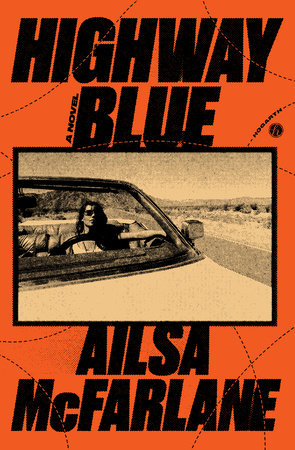
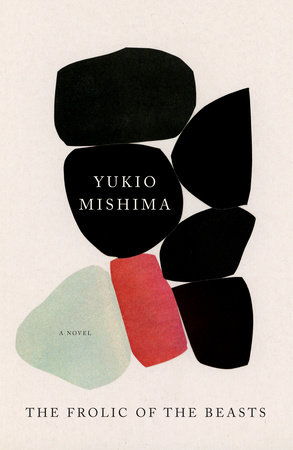
![Thérèse Desqueyroux (Penguin Modern Classics) [ Language:English ]: Mauriac, Francois: 9780141394053: Amazon.com: Books](https://149349728.v2.pressablecdn.com/wp-content/uploads/2021/04/81E29mM1zoL.jpg)
